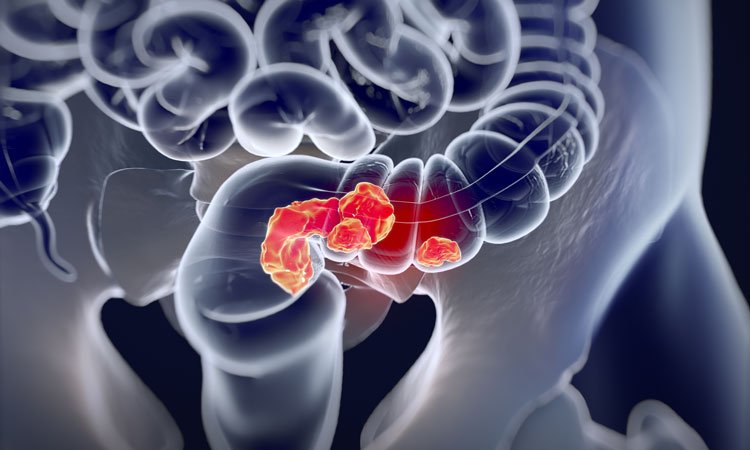Novel pathway to target colorectal cancer identified
Posted: 29 November 2019 | Rachael Harper (Drug Target Review) | No comments yet
Researchers have found that PGE2, a signalling molecule involved in inflammation, promotes colorectal cancer progression through a microRNA and targeting that microRNA could have therapeutic potential.


Researchers have found that prostaglandin E2, or PGE2, promotes metastasis of colorectal cancer through the microRNA, MIR675, and pre-clinical evidence suggests that targeting the microRNA could have some therapeutic potential.
In the study, the researchers from Medical University of South Carolina (MUSC), US showed that mice treated with PGE2 in a pre-clinical model of colorectal cancer had vastly more metastatic lesions in the liver and lung than untreated mice.
“We’re still learning more about some of the pathways involved in the development and progression of colorectal cancer,” said Raymond N DuBois, MD, PhD, Dean of the College of Medicine at MUSC and senior author on the article. “I think this is one example where a microRNA could be targeted in a therapeutic way in a subset of patients.”
To investigate how PGE2 promotes tumour cell proliferation, survival and migration in colorectal cancer, DuBois and the other MUSC investigators, performed a screen on colorectal cancer cells treated with PGE2 to detect if there were any changes following treatment.
These findings provide important pre-clinical evidence that microRNA could possibly be targeted in a therapeutic way”
“We found that many microRNAs changed in response to treatment,” explained first author Bo Cen, PhD, a research assistant professor in the DuBois laboratory. “We focused on MIR675-5p because its levels increased more than any other in response to PGE2 treatment.”
MIR675-5p can suppress the expression of p53, which is one of the most well-known genes in cancer because it enables production of a protein that can stop cell division. However, cancer can find ways to suppress p53 so that cells can continue to divide uncontrollably.
The researchers next identified a potential site on p53 to which MIR675-5p could bind and then confirmed that MIR675-5p suppresses p53 to promote metastasis. In a pre-clinical colorectal cancer model, mice were treated with PGE2 or a vehicle control. Mice treated with PGE2 were found to have more metastases compared to the control.
Further, tumour cells in the mice treated with PGE2 had increased expression of MIR675-5p and decreased expression of p53, confirming that PGE2 promotes tumour progression through MIR675-5p and p53.
“Ultimately, we discovered a key mechanism by which PGE2 promotes tumour development and progression,” said DuBois. “These findings provide important pre-clinical evidence that microRNA could possibly be targeted in a therapeutic way to treat a subset of patients.”
The article for this study was published online by Gastroenterology.
Related topics
Bioinformatics, microRNA, Targets, Therapeutics
Related conditions
Colorectal cancer
Related organisations
Medical University of South Carolina (MUSC)
Related people
Bo Cen PhD, Raymond N DuBois MD PhD


